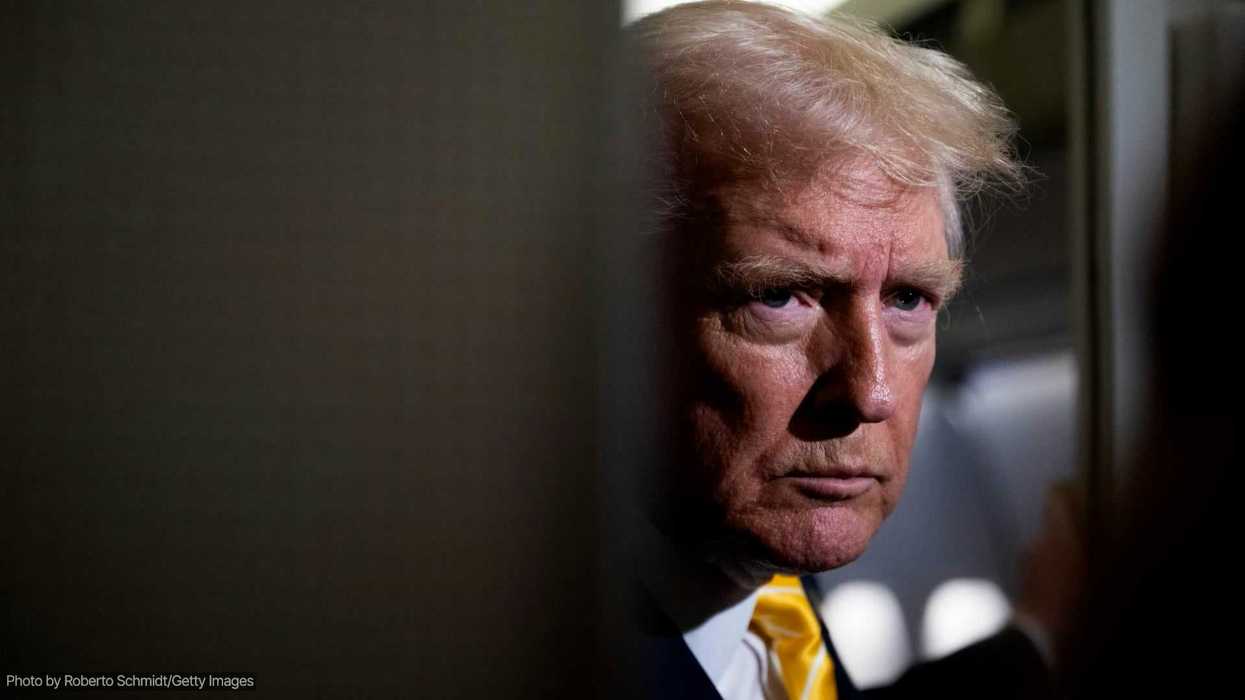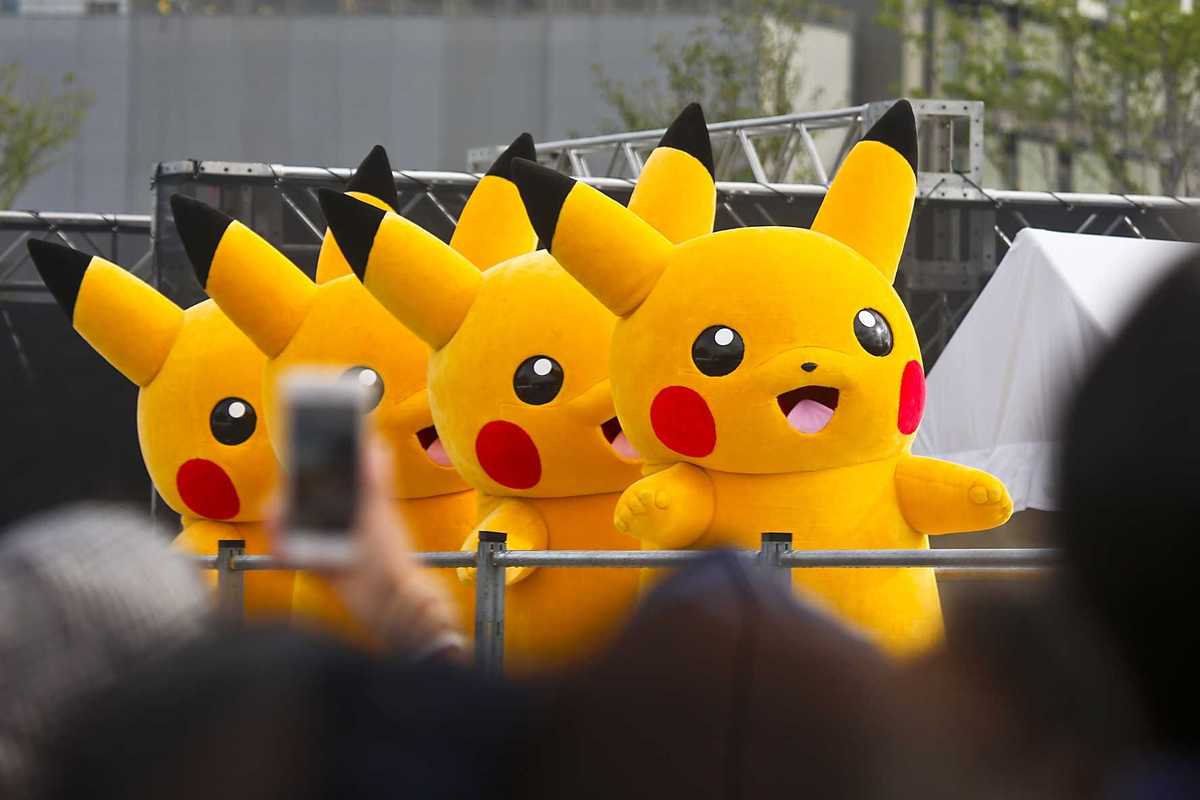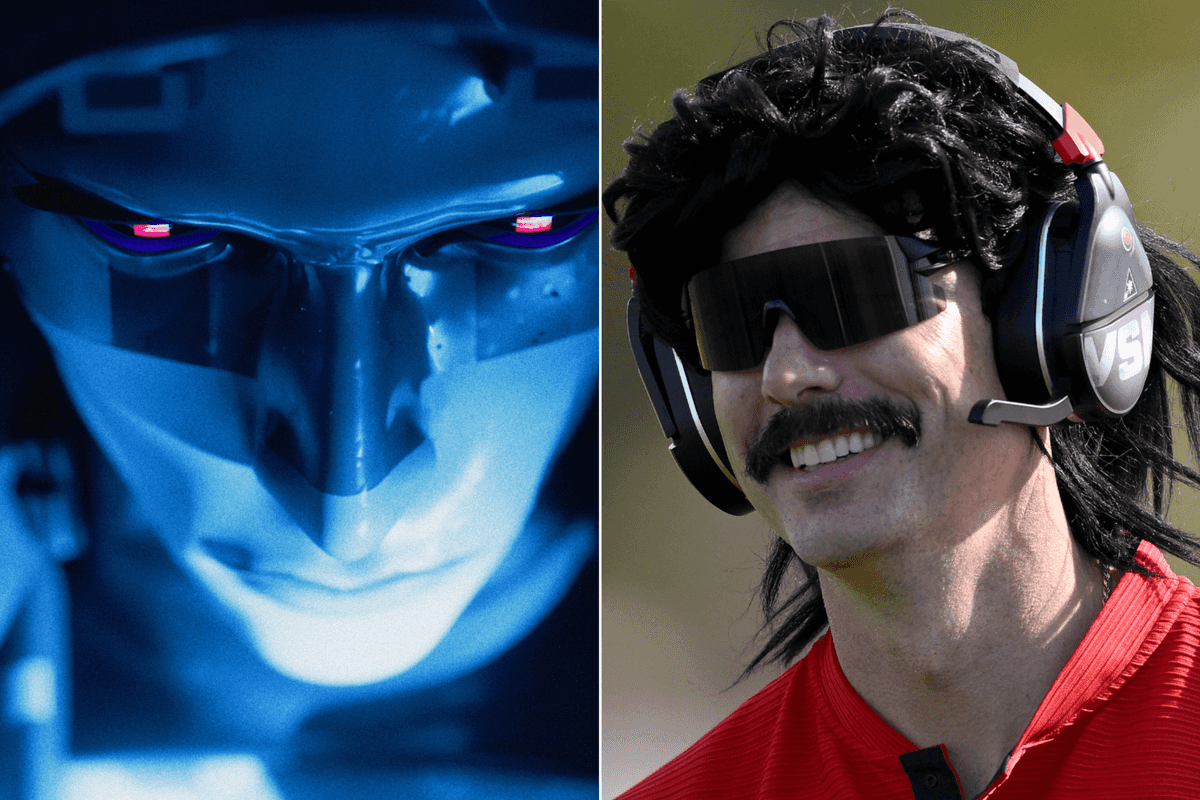Science & Tech
Sinead Butler
Nov 19, 2025
Trump's Approval Rating Hits Record Low In Second Term
unbranded - Newsworthy / VideoElephant
Donald Trump's threats to cut funding towards research into black holes put any possible future discoveries "at risk," critics warn.
It comes as key developments are happening within the field. For instance, scientists observed a notable cosmological event where a newly-formed Black hole was kicked through space in a world-first recording of “natal kick”.
From this, the velocity of the recoil that occurred when two black holes collided was able to be measured by researchers for the first time.
Using the signals of gravitational waves, which cause ripples in space-time – and whose theoretical existence was first proposed by Albert Einstein, but not detected until 2015 – experts were able to decipher what was behind a gravitational wave event, called GW190412, which took place in 2019.
Gravitational wave detectors located around the world were able to observe this event, and thanks to this network of observatories - LIGO (US), Virgo (Italy), and KAGRA (Japan), gravitational waves have now detected around 300 black hole mergers.
Trump's proposed budget cuts
But the Trump administration's decision to cut the federal science budget could affect future research.
In particular, possible cuts to LIGO – the Laser Interferometric Gravitational Wave Observatory – could result in hundreds of researchers being axed.
Under proposed budget-cutting plans, the Trump administration would shut down one of the two LIGO interferometers in a move that would save around $20 million, so how could this impact research?
What do the experts say?
"The gravitational waves picked up by the detectors are so impossibly weak that someone riding past one of the sites on a bicycle would jiggle the giant laser rulers more than any cosmic event," explained science writer and consultant Marcus Chown in New Humanist on Tuesday (November 18). "With two identical detectors in the US, we can rule out such false alarms: If they both see the same signal, it is considered real. With only one detector, the results will be in doubt."
"Somebody in OMB [White House’s Office of Management and Budget] understands that this was significant enough not to cancel it altogether, but didn’t understand the science” said France Córdova, an astrophysicist and former NSF director (2014-2020).
Indy100 has contacted the White House for comment.
Elsewhere from Indy100, Immense world-first moment Black Holes are recorded being kicked through space, and The 33 most stupid things Donald Trump has ever said.
How to join the indy100's free WhatsApp channel
Sign up to our free indy100 weekly newsletter
Have your say in our news democracy. Click the upvote icon at the top of the page to help raise this article through the indy100 rankings.
Top 100
The Conversation (0)














